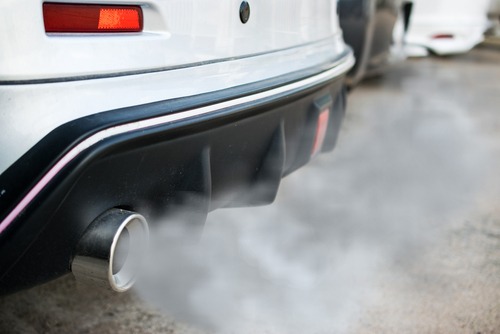
U.S. Sens. Tom Carper (D-DE) and Ed Markey (D-MA) joined U.S. Rep. Jared Huffman (D-CA) to reintroduce the legislation to reduce greenhouse gas emissions from the National Highway System.
Called the Generating Resilient, Environmentally Exceptional National (GREEN) Streets Act, the legislation would establish national goals to reduce carbon pollution on national highways while helping states adapt their transportation systems to climate change.
The bill targets the transportation sector as the largest emitter of greenhouse gases in the country since 2016, accounting for more than 28 percent of total emissions.
“When we look at building back better and addressing climate change, our nation’s highways present us with an incredible opportunity,” said Carper, chair of the Senate Environment and Public Works Committee (EPW). “We need to establish bold goals for reducing transportation emissions and to deliver safe, reliable, zero-emission travel choices for the public. Our bill would set the bar for states to encourage them to reduce vehicle emissions while improving health and reducing congestion in the process.”
In the Senate, the legislation is also co-sponsored by Sens. Dick Durbin (D-IL), Dianne Feinstein (D-CA), Alex Padilla (D-CA), Jeffrey Merkley (D-OR), and Bernie Sanders (I-VT). In the House, the legislation is also co-sponsored by Reps. Emanuel Cleaver, II (D-MO), Grace F. Napolitano (D-CA), Bill Foster (D-IL), and Rashida Tlaib (D-MI).
The GREEN Streets Act would direct the Secretary of Transportation to establish minimum standards for states to use to decrease emission and per capita vehicle miles traveled (VMT) on the National Highway System and to establish measures states can use to assess and reduce carbon dioxide and other greenhouse gas emissions on the national highway system.
Additionally, the bill would require states that fall out of compliance with the standards to dedicate federal highway funding to come into compliance, require that states and Metropolitan Planning Organizations consider projects and strategies that reduce VMT and emissions as well as to publish an analysis on the impact on per capita VMTs and mobile source greenhouse gas emissions for each project that increases traffic capacity and costs more than $25 million.